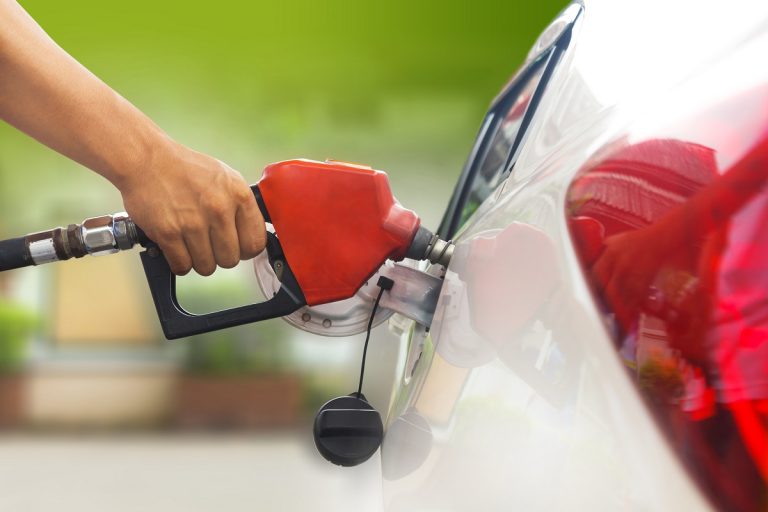Despite measures taken by the finance minister, such as reducing excise taxes, fuel prices continue to rise. Drivers are now paying more for a full tank of gas than they did before the price reduction measures were applied. Photo credit: Freepik
Czech Republic, June 17 (BD) – The Ministry of Finance took some measures to address the rising price of fuel, reducing the excise duty on petrol and diesel for four months from June. However, the price of natural gas and petrol are again at a record high. Natural 95 has risen by 1.14 crowns in a week to an average of CZK 47.69 per litre. Diesel is selling for an average of CZK 46.94 per litre, 1.17 crowns more than last Wednesday, according to data from CCS, which monitors prices. According to Finance Minister Zbynek Stanjura, fuel retailers’ margins continue to decline, and in the first half of June were on average CZK 1.70 per litre lower than last year. For diesel, margins were roughly CZK 1.60 per litre lower than last year’s average. Margins on petrol were around CZK 1.80 per litre below last year’s average.
“The situation on the market favours a further rise in fuel prices at petrol stations, although the intensity of growth should slow down,” said XTB analyst Jiří Tyleček. “So far, it seems that drivers could avoid exceeding the average 50 koruna level during the summer. However, geopolitical factors may still shuffle the cards to the extent that we should still be prepared for significant market disruptions and price volatility.” He added that expensive fuels on European markets are the main factor behind the rising prices.
A more detailed analysis of the ministry’s price controls shows that the main reason for the rapid reduction of the positive effect from excise duty cuts is not the rising margins on fuel, but mainly the rising prices of diesel and petrol on the Rotterdam commodity exchange, officials said. However, it is currently more expensive for drivers to fill up their tanks than before the excise duty cut.
In June, after the excise duty per litre was briefly reduced, fuel became cheaper by about a crown, but then rose again after the adoption of the sixth package of sanctions and the European Union’s commitment to cut itself off from Russian oil. “However, I stand by the fact that if we had not reduced the excise tax, we would have seen prices of petrol and diesel at the pumps one to two crowns higher today,” added Stanjura. The government has also taken other measures to combat the rising prices of fuel, abolishing the mandatory blending of bio-components into fuel and the road tax for cars, vans and trucks up to 12 tonnes. It also reduced excise duty on petrol and diesel by CZK 1.50 per litre for four months from the beginning of June.
One year ago, fuel was significantly cheaper. The average price of a litre of petrol was CZK 15.28 lower, while motorists paid CZK 16.66 per litre less for diesel. Drivers in the Hradec Králové Region are now filling up with the cheapest fuel, where a litre of petrol is on average CZK 47.41. Diesel is sold there for an average of CZK 46.63. On the other hand, the most expensive fuels are offered by petrol stations in Prague, where a litre of petrol costs CZK 48.08 on average, and diesel costs CZK 47.53 per litre.Fuel prices rose sharply this year at the turn of February and March after Russia launched a military attack on Ukraine on 24 February. As recently as 23 February, a litre of petrol cost about CZK 37.40 and a litre of diesel about CZK 36.40. Within just two weeks of the start of the Russian invasion, the price of petrol rose to an average of CZK 47.26 per litre on 10 March and the price of diesel to an average of CZK 49.57 per litre on 13 March.







